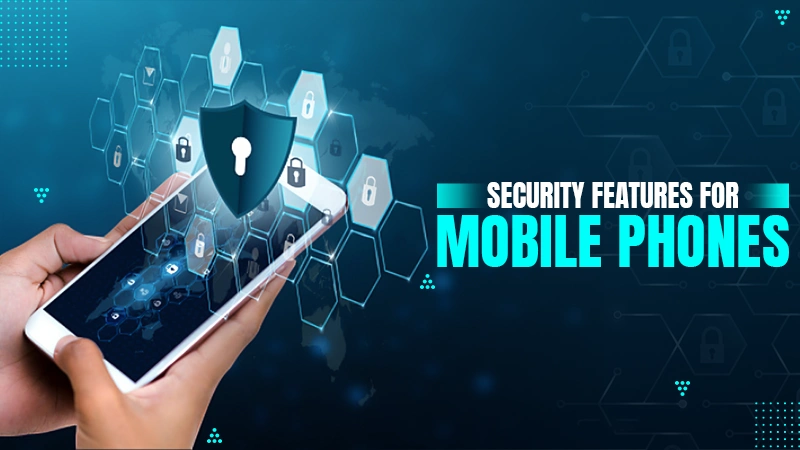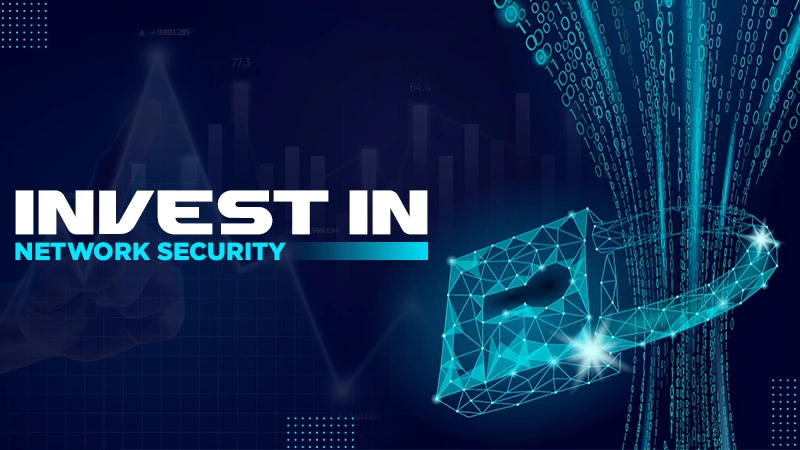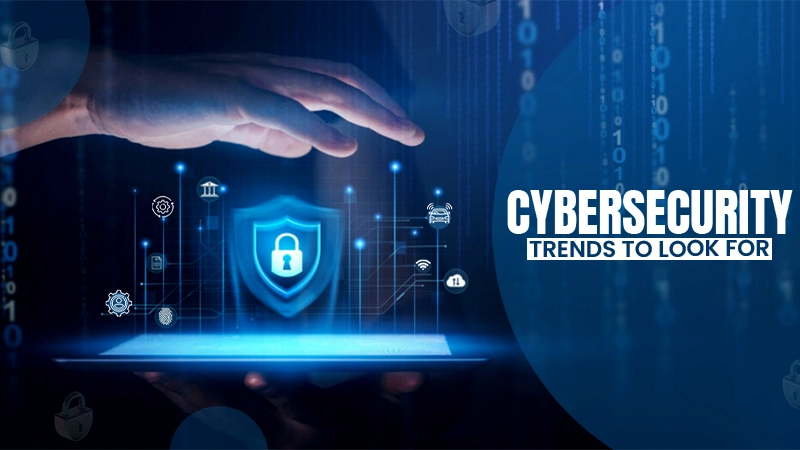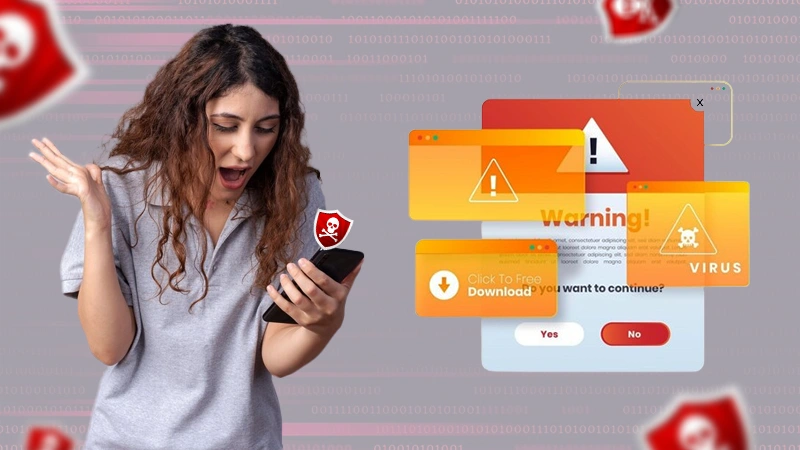Most of you have probably received emails that look like absolute scams and often ask for some kind of personal information or even a money transfer. Even worse, some of you may have received an email with your real name and surname and even a password that you may have used on some service. How does that happen?
It is related to your password security and the security of the services you use. If you use weak and easy-to-guess passwords, then in whatever form it’s stored, cybercriminals can quickly decipher the security measurements and start attacking you. On the other hand, if your passwords aren’t managed adequately by the service itself, they will be exposed during a data leak.
One way or another, this puts you at risk. Another thing is public Wi-Fi networks. Frequently they lack proper cybersecurity protocols, and people who browse on them – be it a library or Starbucks – are in danger of getting their personal information stolen.
But there are easy solutions that you can follow to be safer on the Internet. So let’s dive right into four things you can do right now to protect yourself online.
- Develop safe browsing habits.
This sounds self-explanatory, but it really isn’t. In fact, we know very little about how the Internet works and what dangers lurk online. Did you know that each Internet user has a unique IP address and that this address is actually related to your actual physical location? Posting comments online doesn’t sound that safe when you know other people could track you online.
Knowing these things is a must, so the first step towards online safety is learning at least a bit about how the Internet functions. You should also be aware of the contemporary hacking methods, such as Phishing, Credential Stuffing, Evil Twin attacks, and other popular methods. It would be best to learn to browse carefully, which means not going into websites that look suspicious and, most importantly, not clicking on any links from untrusted sources. They may be filled with viruses and cause tremendous damage.
- Keep your software up to date.
People frequently skip updates because it might be a bit frustrating to update dozens of Apps that you use, and sometimes people are just lazy and put it off for another day. However, cybersecurity experts continuously advise not to do that, and online safety is one of the main reasons.
Updates frequently contain essential security upgrades or fix known vulnerabilities. Be it a Windows update, VPN service, or a web browser update – all of them roll out crucial fixes for better protection. And if you skip the update, it means that the service you use still has a particular vulnerability that cybercriminals know about and exploit. As a result, it significantly increases the chance of falling victim to a hack attack.
- Use a VPN on public Wi-Fi.
Public Wi-Fi’s are unavoidable and bring a lot of comfort. Using mobile data can be expensive, and public Wi-Fi is a cheaper option to have an Internet connection wherever you go. However, it comes at a price. Coffee shops, public libraries, hotels and restaurants often refrain from spending too much on cybersecurity. They may lack cybersecurity knowledge, or they simply can’t afford to invest in it enough.
Cybercriminals know this very well, and they exploit it for easy profits. Usually, they infect the network and monitor data on it, looking for juicy information, such as banking credentials.
It’s advisable not to do any money transfers on public Wi-Fi, but it’s mandatory to use a VPN if you have to do it. A Virtual Private Network encrypts your traffic and makes it indecipherable to any third-party spectator. So even if a hacker has infected a public Wi-Fi network that you’re using, he or she will not be able to do any harm to you because all they see is ciphered gibberish. A VPN also obfuscates your original IP address, so you may consider using it on the home network.
- Use a password manager.
Strong passwords are essential for online safety since they are the first line of defence when somebody is trying to access your accounts. The problem is we use so many online services these days that it’s impossible to remember everyone by heart, let alone a long password with numbers and symbols in it.
Password managers allow you to store hundreds of different passwords in an encrypted vault, which only you have access to. Moreover, some password managers like NordPass have a password generator, which will generate a good password for you. It’s a comfortable and efficient way to upgrade your password management habits and enhance the browsing experience at the same time.







